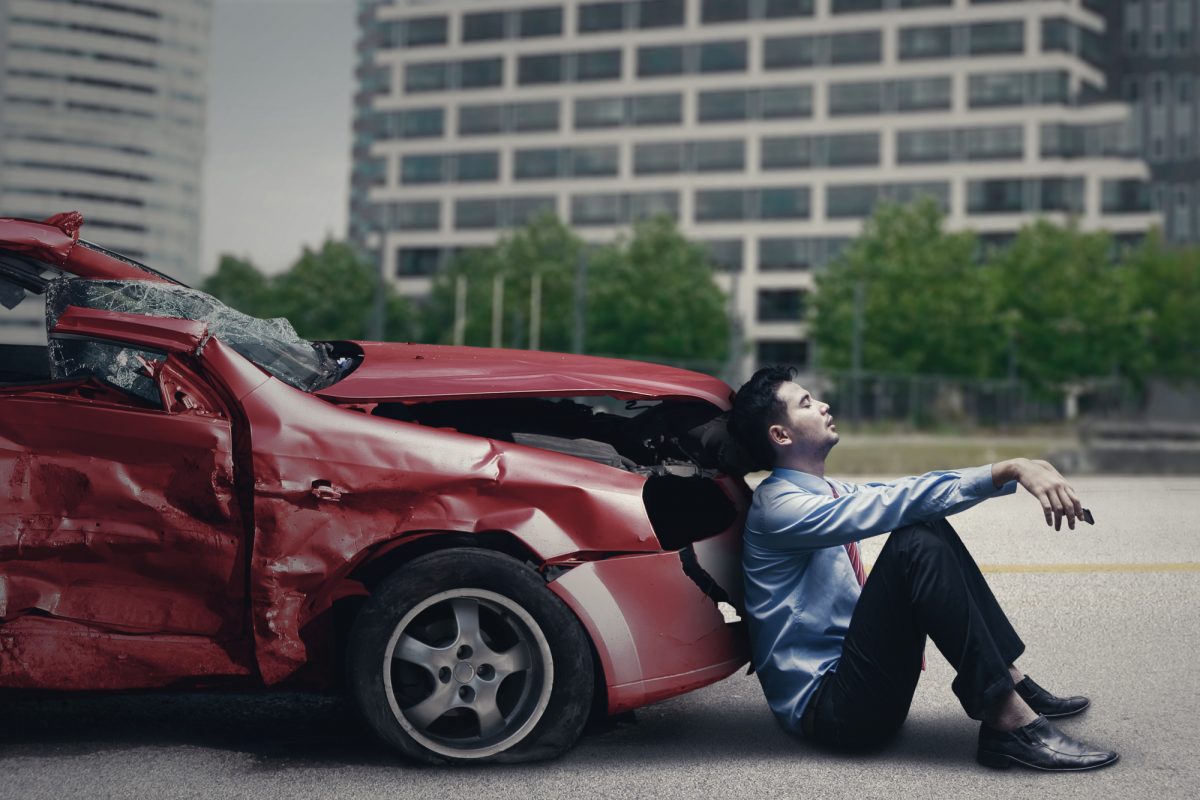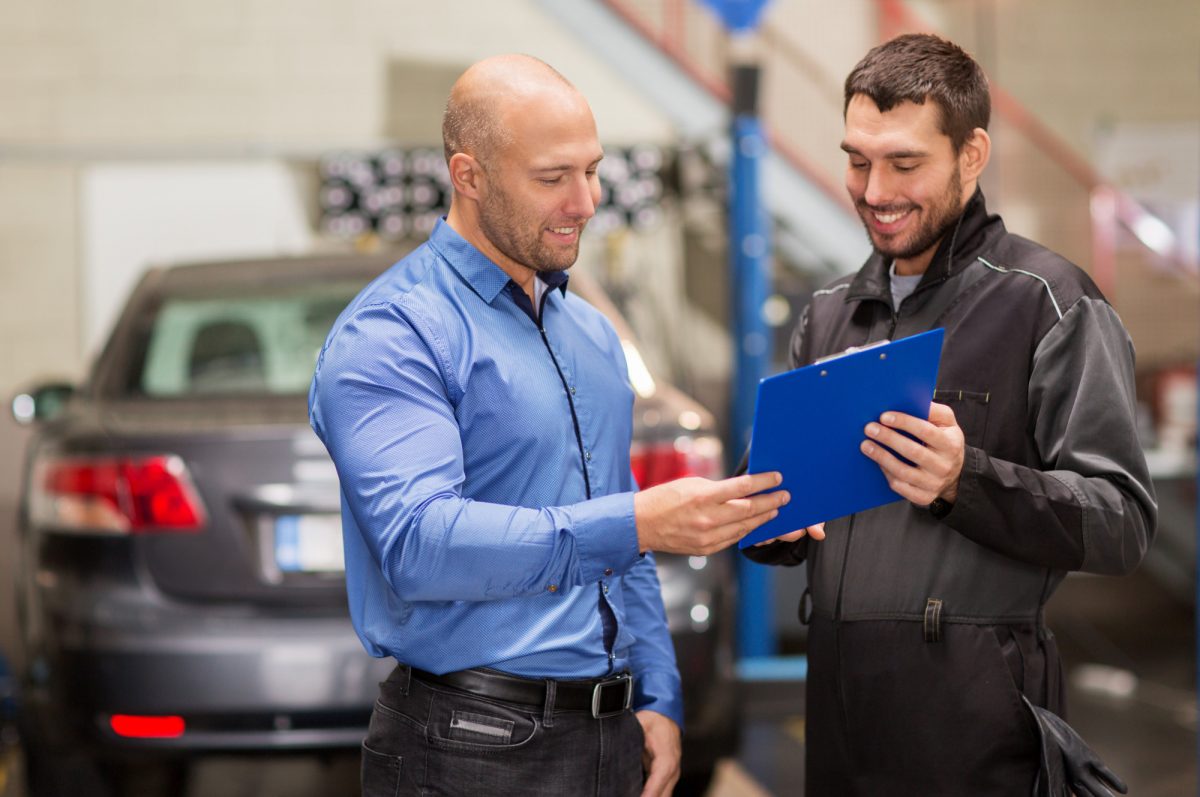
Wouldn’t you feel safer if you knew how to respond after a car accident? You may not be able to control what happens in the moment but you can always plan for what comes next.
If you have questions about general accidents or automotive knowledge, here’s a guide that can answer it all!
1. Steps to Take After a Car Accident
Some of the basic steps to take after an accident are common sense. However, it helps to review them anyway so you can be confident in the heat of a real situation.
Step 1: Check yourself and others for injuries
Step 2: Get to safety and secure your car if you can
Step 3: Call 911 (This is legally required for minor and major accidents in some states)
Step 4: Exchange name, contact, and insurance info with other involved drivers (required in all states)
Step 5. Give the police all details of the accident to construct a report.
Step 6. Request a copy of the report from the police (insurance companies may request this from you)
2. Additional Steps: Proving Fault in a Car Accident
There are other steps you may need to take after everyone leaves the scene of the accident.
If you’re confident the other driver is at fault, you’ll need to prove it to your car insurer and file a claim. This is where the police accident reports come in handy.
The other driver is then required to pay for any damages or sustained injuries either through their own insurance or out of pocket.
Unfortunately, sometimes claims are denied by insurance companies. If this happens to you, your other option is to file a lawsuit against the other driver.
You can also take legal action if you need help navigating compensation for critical injuries or extensive property damage.
Filing a lawsuit also requires proof that the other driver is at fault. However, negligence law generally covers auto accidents.
3. Automotive Knowledge After an Accident
So, what happens to your car after an accident?
If another driver is at fault in the accident, they are required to pay for your damages or injuries once your insurance claim is processed and approved. Their insurance would pay for any repairs to your car up to the policy limit.
You would also receive compensation for your medical bills covered by the other driver’s liability coverage.
If you are at fault in the accident, collision coverage is the only way to get financial assistance from your insurer. Typically, this coverage isn’t required by insurance companies unless you’re leasing or financing the car but it can still be advantageous.
No matter who is at fault in the accident, there are optional coverages that can help you take care of your car afterward.
For instance, emergency roadside assistance is helpful for anyone with extensive damage to their car and needs a tow.
Protect Yourself with Better Automotive Knowledge
Accidents happen.
The best thing you can do is prepare yourself with better automotive knowledge. With all of the above steps to consider, there are accident aftermath services you can take advantage of.
Limerick Auto Body can help you right at the scene of the accident. We’ll also walk you through the repair process and help you understand what insurance benefits you’re entitled to. Contact us today to get started.

